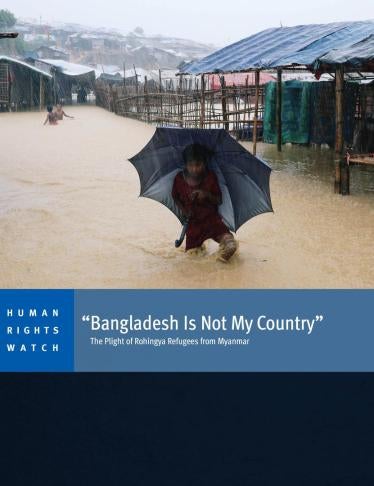Destroying Cultural Heritage
Explosive Weapons’ Effects in Armed Conflict and Measures to Strengthen Protection
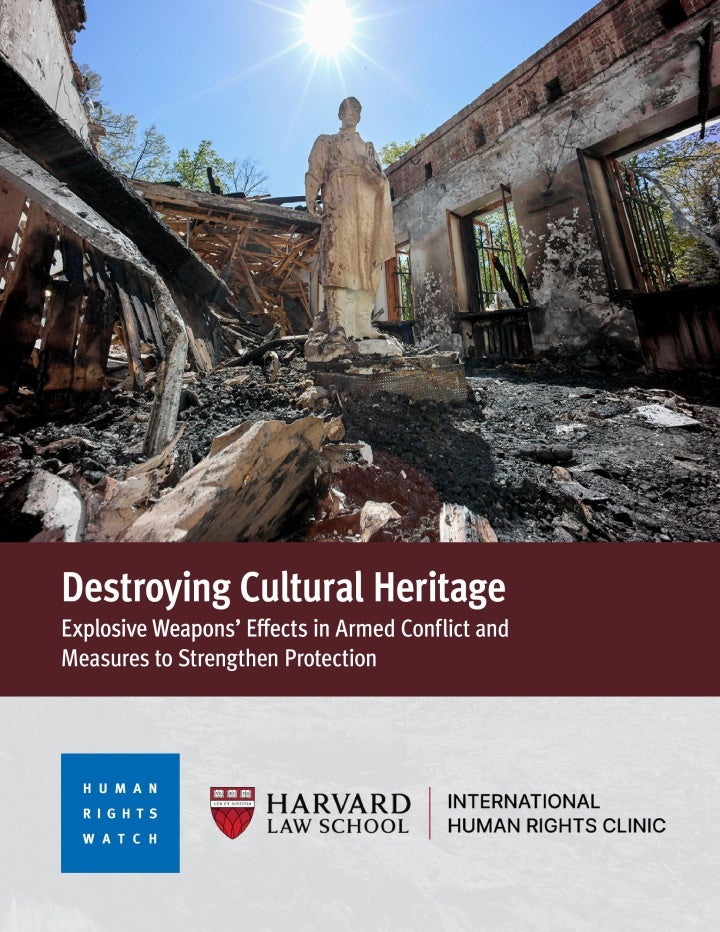

Explosive Weapons’ Effects in Armed Conflict and Measures to Strengthen Protection


This report evaluates patterns of arrest and detention conditions in the West Bank and Gaza Strip, 25 years after the Oslo Accords granted Palestinians a degree of self-rule over these areas and more than a decade after Hamas seized effective control over the Gaza Strip. Human Rights Watch detailed more than two dozen cases of people detained for no clear reason beyond writing a critical article or Facebook post or belonging to the wrong student group or political movement.
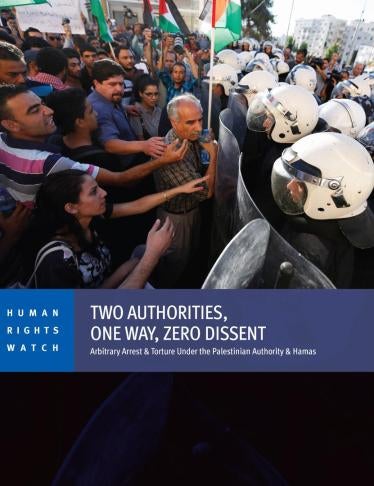
This report documents abuses against female students in secondary schools, primarily by teachers and school officials. Human Rights Watch found cases of teachers who abuse their authority by engaging in sexual relations with students in exchange for money, good grades, food, or items such as mobile phones and new clothes.
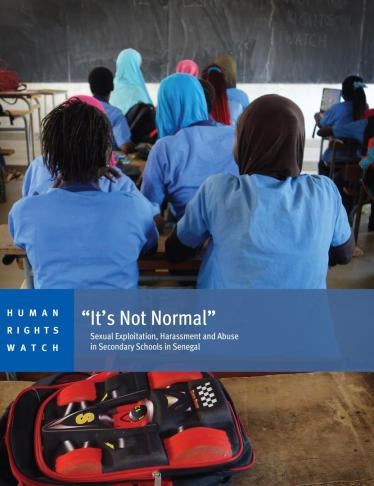
This report details security force occupation of land both during and after the armed conflict. It identifies the lack of transparency and due process, failure to map occupied land, inadequate support to affected people and communities, and prolonged delays in providing appropriate reparations for decades of loss and suffering. The military has also used some confiscated lands for commercial profit rather than national security and returned damaged or destroyed property to owners without compensation.
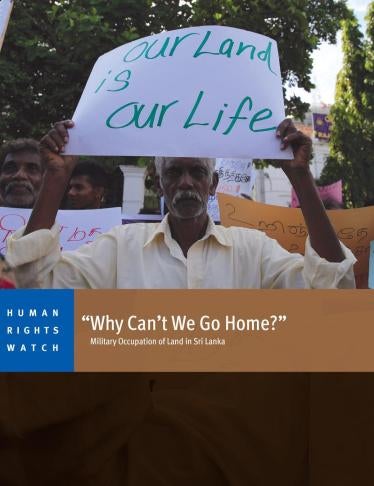
This report focuses on two mining projects that were Guinea’s two largest bauxite producers in 2017: La Société Minière de Boké (SMB), a joint venture linked to the world’s largest aluminum producer, China Hongqiao Group, that has expanded extremely rapidly since it began in 2015; and la Compagnie des Bauxites de Guinée (CBG), a decades-old company co-owned by multinationals Alcoa and Rio Tinto. Guinea’s government, which has transformed Guinea into the world’s third-largest exporter, should take immediate steps to better regulate companies and protect communities.
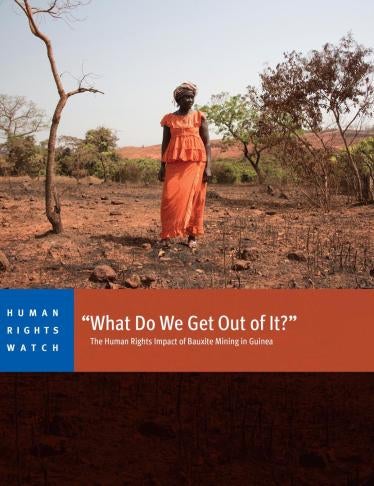
This report draws on research Human Rights Watch has published on enforced disappearances in Iraq since 2014, when Iraqi forces launched anti-ISIS operations, and documents an additional 74 cases of men and four cases of boys detained by Iraqi military and security forces between April 2014 and October 2017 and forcibly disappeared. The enforced disappearances documented are part of a much wider continuing pattern in Iraq. Iraqi officials have failed to respond to inquiries from the families and Human Rights Watch for information about the disappeared.
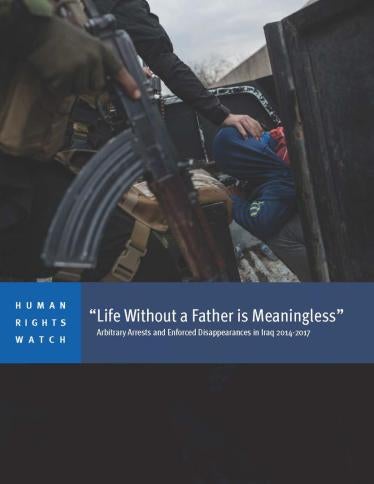
This report documents the unique harms of putting mothers with minor children into pretrial detention. Jailed mothers are separated from their children for days, weeks, months, a year or more with limited means of substantial contact—which compounds the already extreme pressure to accept a guilty plea. Upon release, formerly jailed mothers in Oklahoma, which incarcerates more women per capita than any other US state, face pervasive barriers to getting back on their feet and to regaining or maintaining custody of their children.
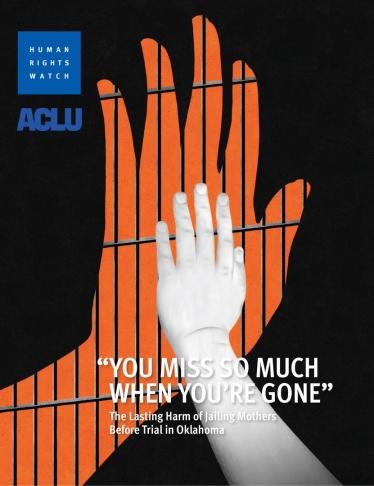
This report finds that in some cases, suspects are charged for possessing material that the authorities classified as extremist only after their arrests. Several suspects told Human Rights Watch that police and security agents had planted the material during searches, then demanded payoffs to end investigations. Some said law enforcement officials tortured them to extract confessions.
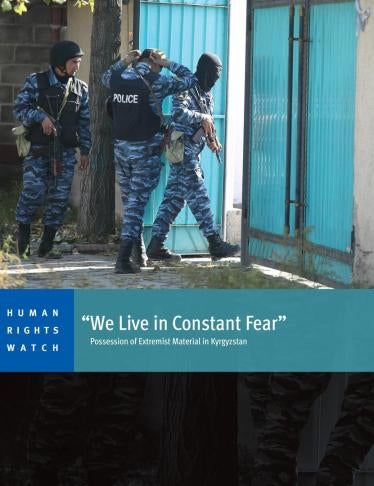
This report presents new evidence of the Chinese government’s mass arbitrary detention, torture, and mistreatment, and the increasingly pervasive controls on daily life. Throughout the region, the Turkic Muslim population of 13 million is subjected to forced political indoctrination, collective punishment, restrictions on movement and communications, heightened religious restrictions, and mass surveillance in violation of international human rights law.
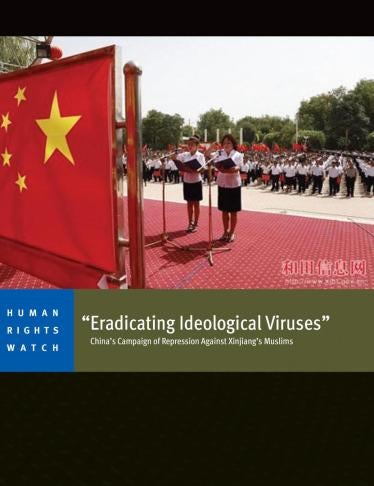
This report found that when survivors do come forward, police and judicial investigators do not respect their rights and dignity. Human Rights Watch found that investigative procedures do not ensure privacy or confidentiality, rarely offer the possibility to interact with female officials, and can turn into an investigation of the rape survivor’s moral character. Many survivors have limited access, if any, to legal aid, or medical, mental health, and social support.
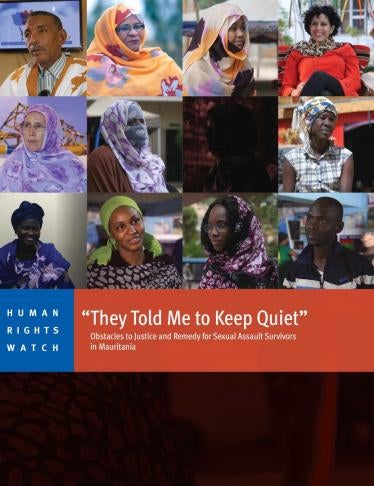
This report documents efforts by South American governments to address the massive numbers of Venezuelans crossing their borders, as well as recent setbacks that threaten Venezuelans’ ability to seek protection. In some Caribbean islands, Venezuelans are subject to arbitrary arrests and deportations. Xenophobic incidents are a growing concern.
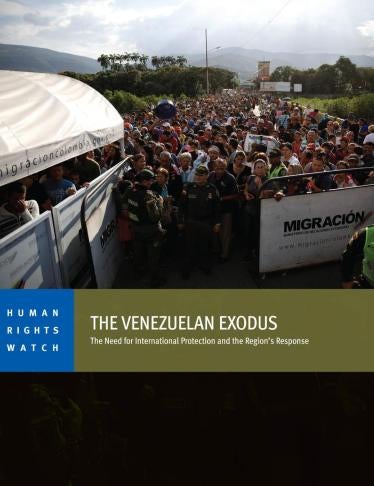
This report analyzes the work of the coalition’s investigative body, the Joint Incidents Assessment Team (JIAT), over the past two years. Human Rights Watch found that JIAT’s work has fallen far short of international standards regarding transparency, impartiality, and independence. Established in 2016 after evidence mounted of coalition violations of the laws of war, JIAT has failed even in its limited mandate to assess “claims and accidents” during coalition military operations. It has provided deeply flawed laws-of-war analyses and reached dubious conclusions.
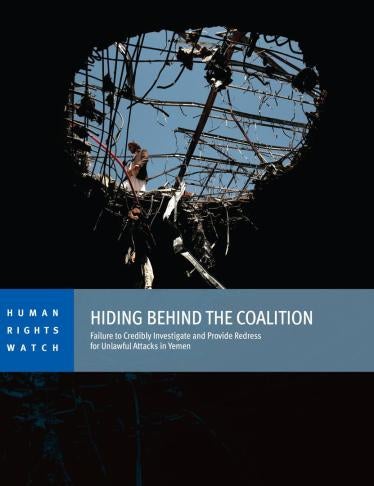
This report finds that fully autonomous weapons would violate what is known as the Martens Clause. This long-standing provision of international humanitarian law requires emerging technologies to be judged by the “principles of humanity” and the “dictates of public conscience” when they are not already covered by other treaty provisions.
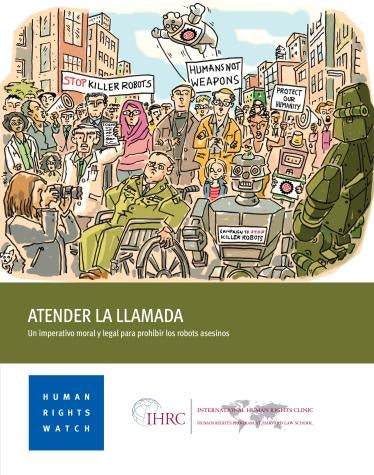
This report documents how the government of President Abdulla Yameen Abdul Gayoom has used decrees and broad, vaguely worded laws to silence dissent and intimidate, arbitrarily arrest, and imprison critics. These include counterterrorism laws widely used against opposition activists and politicians; anti-defamation laws used against the media and social media activists; and restrictions on assembly that prevent peaceful rallies and protests. Religious extremists and criminal gangs – including many that enjoy political protection – have assaulted and sometimes murdered dissenters with impunity. This has had crippling effects on the Maldives’ nascent democracy and struggling civil society.
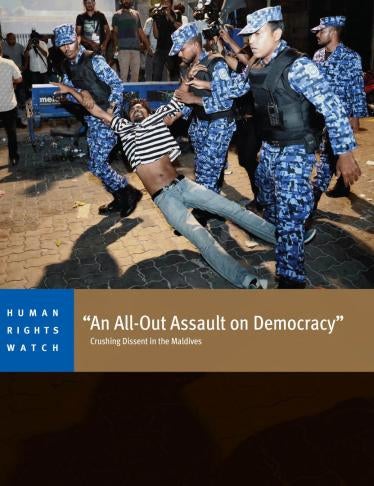
This report describes the impact of overly punitive drug laws and practices on people who use drugs, and on their families. Human Rights Watch documented abusive, mandatory street drug testing, coerced plea bargains, and arbitrary additional punishments, such as stripping people of their driver’s licenses or prohibiting them from working in an array of professions, interfering with their ability to earn a livelihood. Georgia has partially liberalized drug laws, but they remain harsh.
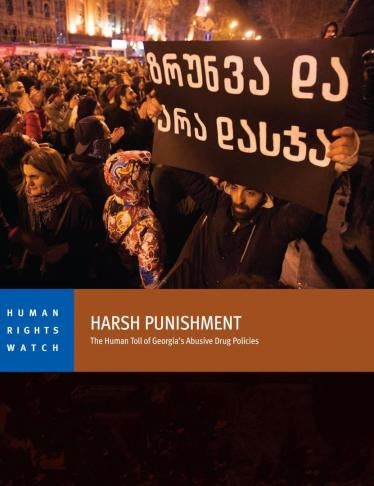
This report is based on a May 2018 visit to Cox’s Bazar. Human Rights Watch found that the mega camp is severely overcrowded. The average usable space is 10.7 square meters per person, compared with the recommended international standard of 45 square meters per person. Densely packed refugees are at heightened risk of communicable diseases, fires, community tensions, and domestic and sexual violence. Bangladeshi authorities should relocate Rohingya refugees to smaller, less densely packed camps on flatter, accessible, nearby land within the same Ukhiya subdistrict where the mega camp is located, Human Rights Watch said.
